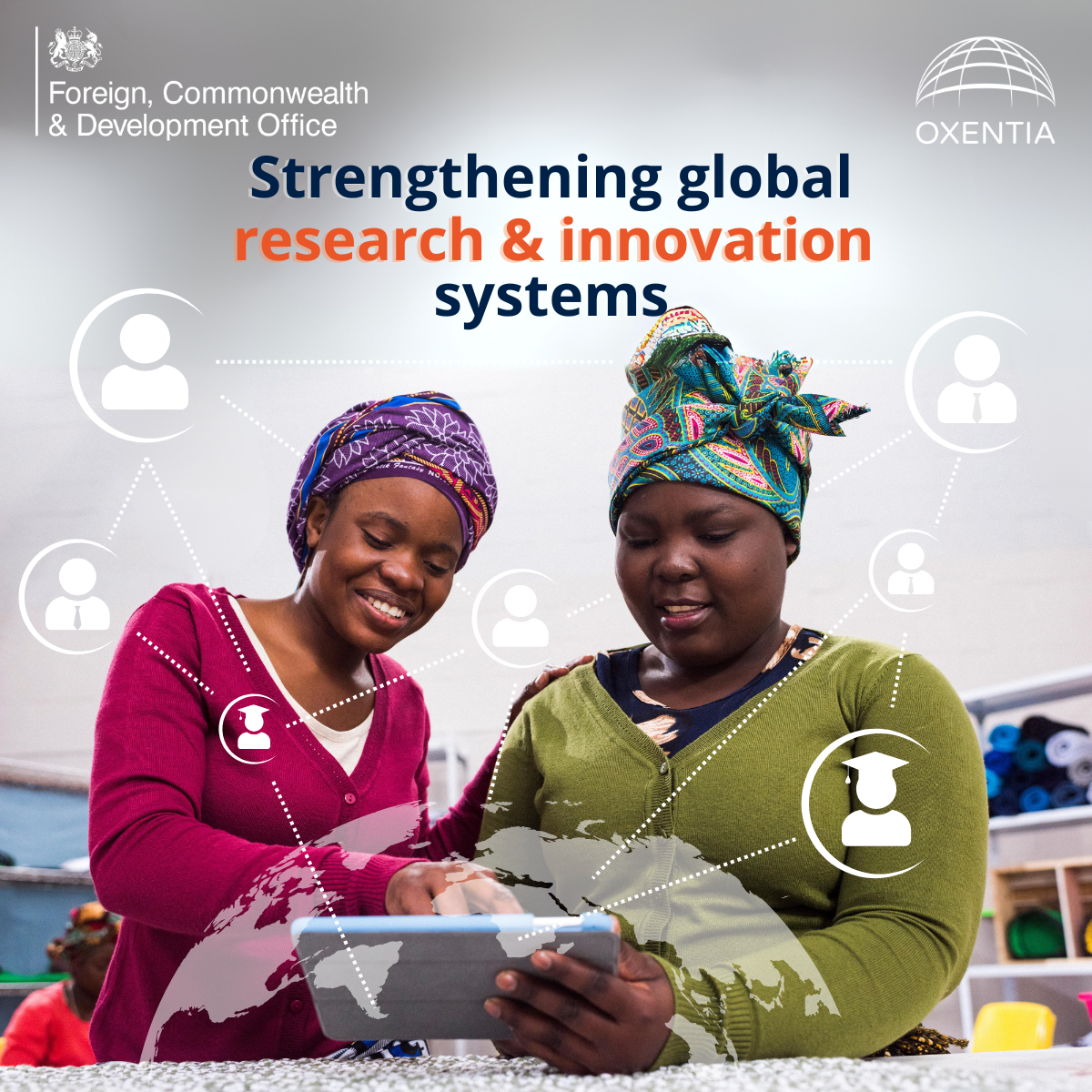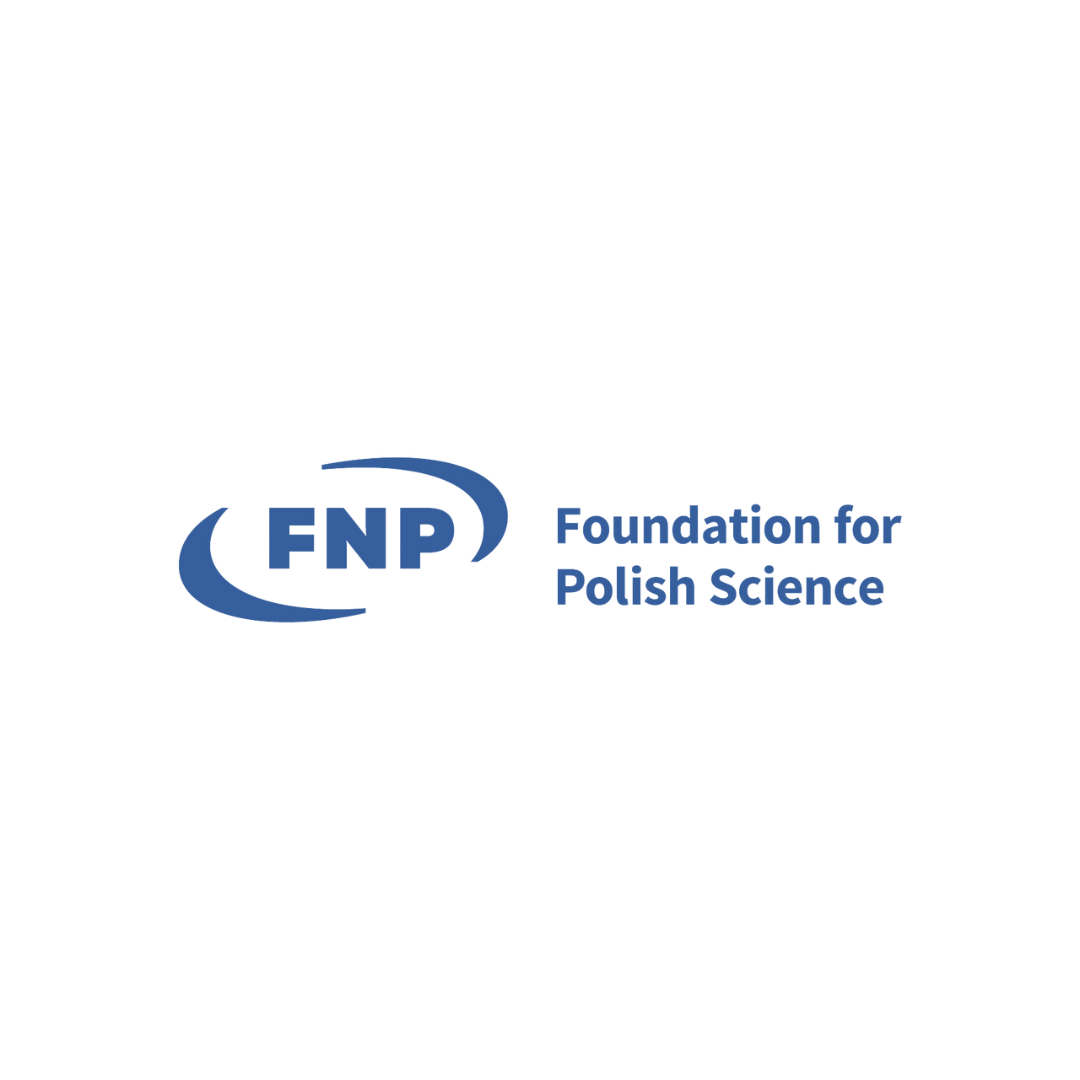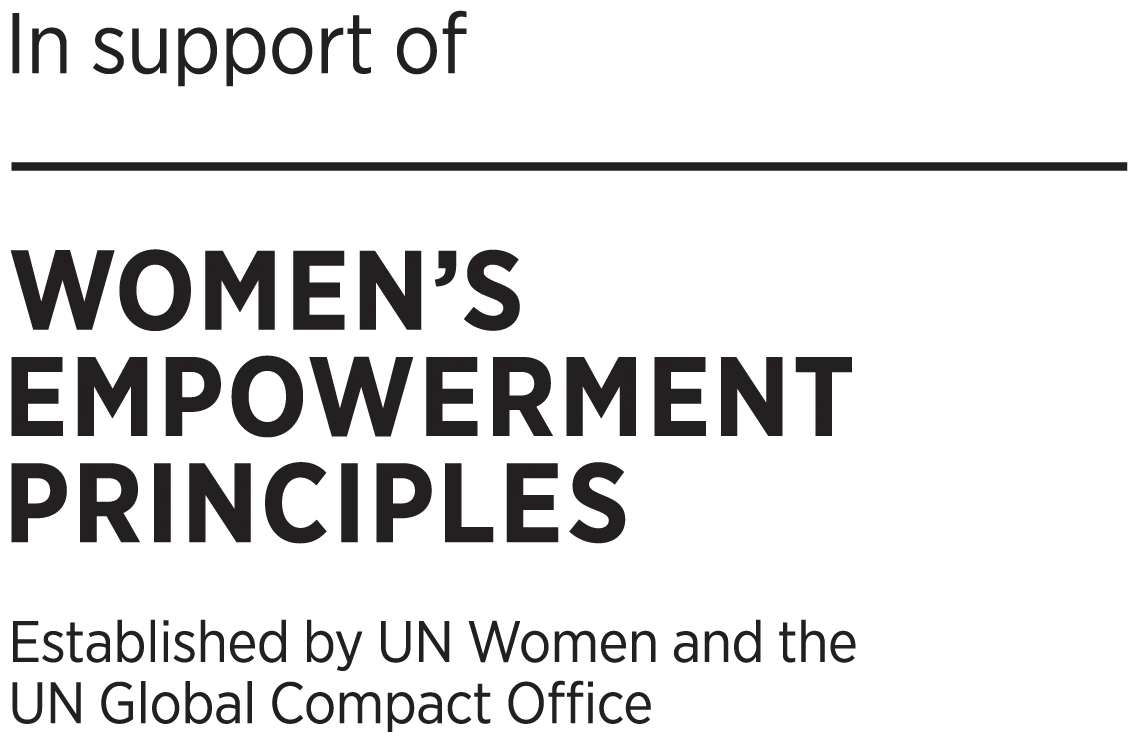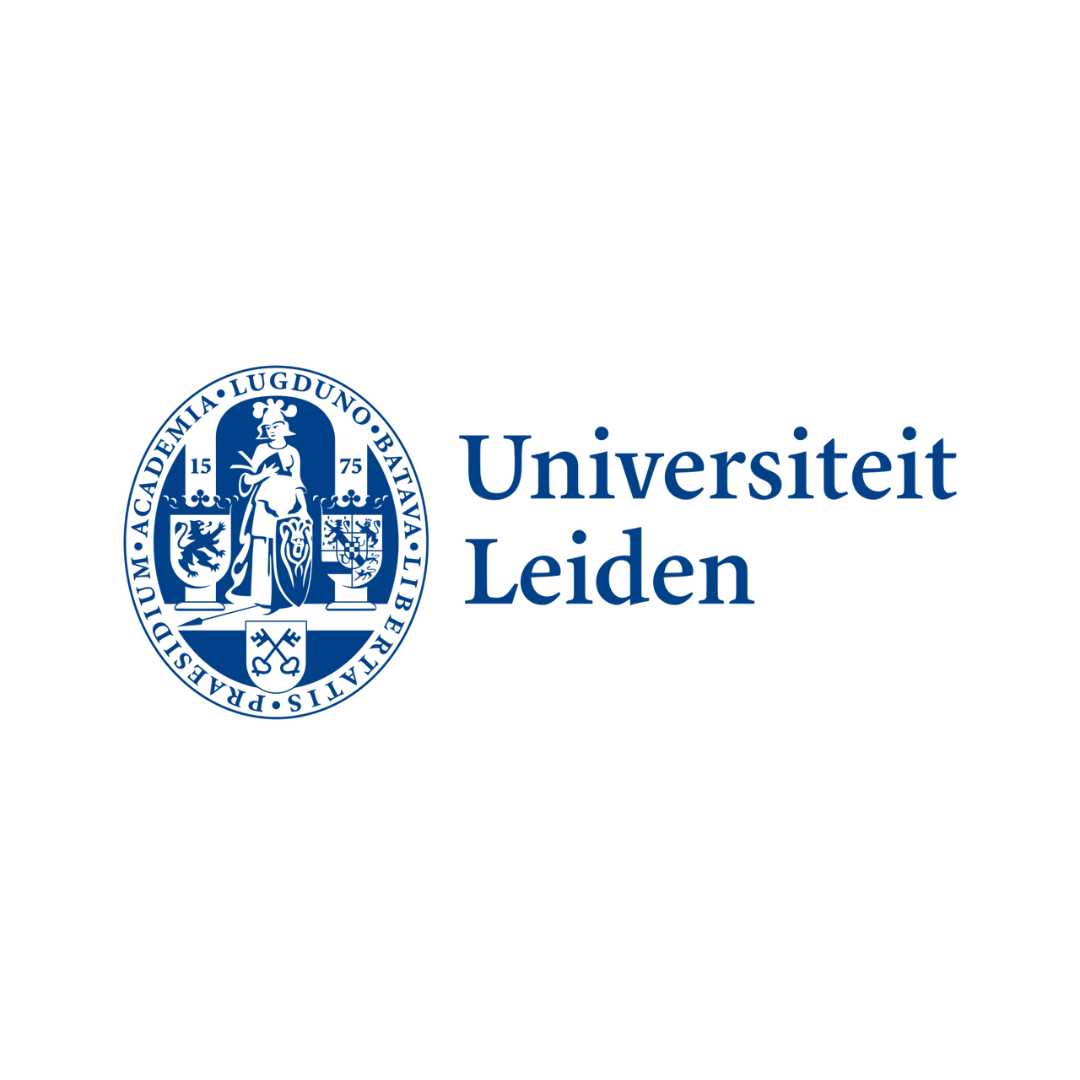Partnering with OPM to build an evidence-based model for the UK Foreign Commonwealth and Development Office R&I systems' capacity strengthening programme.
Oxentia has been partnering with the OPM to support the UK Foreign Commonwealth and Development Office (FCDO) in designing a new programme to strengthen Research & Innovation (R&I) systems over the past months.
Oxentia and OPM advised FCDO on how to build evidence based interventions to support middle-income countries and enable them to become more resilient, and to leverage research and innovation to address key local challenges.
Download the full report
We established a solid evidence base for this report by developing:

A comprehensive
literature review

Key informant
interviews

Benchmarking
international funders' activities
The analysis highlights the importance of a holistic, long-term approach to strengthen R&I systems, made up of interconnected stakeholders across government, academia, private sector, and civil society. Isolated interventions are often ineffective if not integrated with the broader ecosystem and adapted to local contexts.
Our proposed approach emphasises how international coordination, particularly among funding agencies, is needed to maximise R&I initiatives impact. This coordination also needs to build capacity among key institutions, such as universities, science academies, and innovation hubs, acting as boundary organisations linking various R&I ecosystem components. Tailoring support to country-specific conditions will also address region-specific R&I system variances
Our key recommendations include:

Increased coordination
among international
funders

Strengthening national
science, technology,
and innovation strategy
development and
implementation capacities

Improving individual organisations
and institutions R&I system roles,
focusing on sustainability
and long-term impact
The FCDO, with its established leadership and networks, is uniquely positioned to facilitate the necessary international coordination leading to stronger, more resilient R&I systems in LMICs.
Finally, we at Oxentia would like to thank the following organisations: MRANTI, WIPO, VinU, NSTDA, Misti, IDRC, NRF-South Africa, ACTS, Science for Africa Foundation, Chemonics, Innovate UK, Results for Development (R4D), OECD and many others that provided insights that helped inform the findings and recommendations for this report.





































